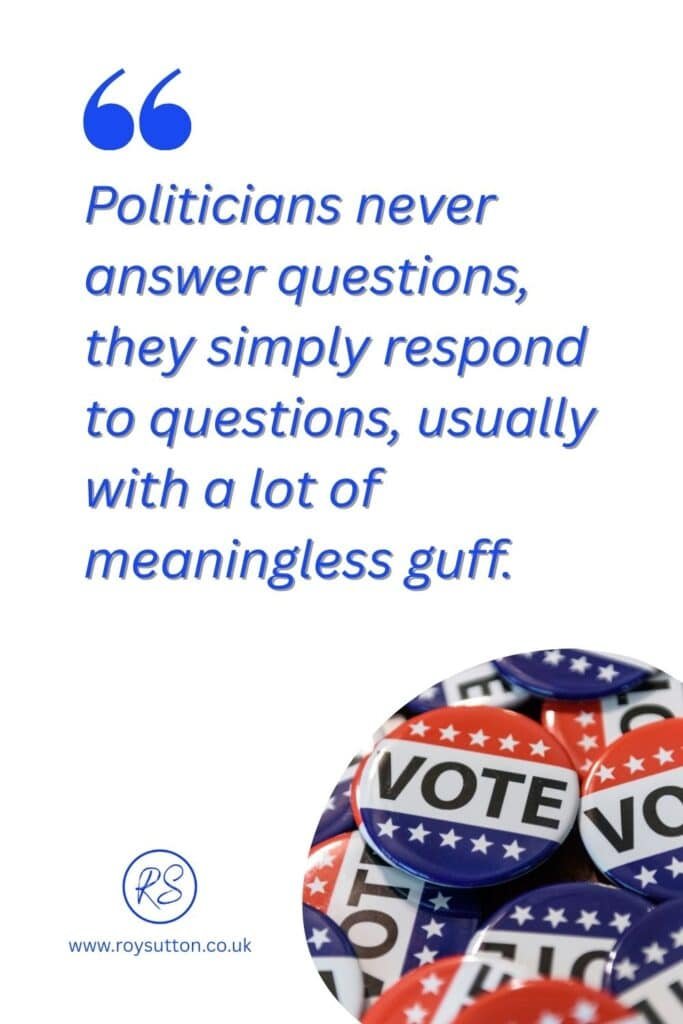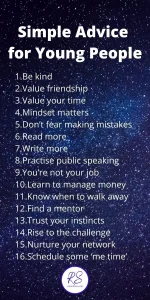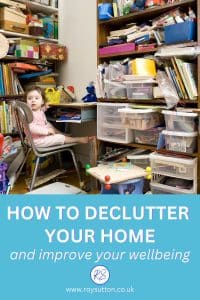
If it’s quotes about politics and politicians you’re seeking, this post is for you.
Politicians may start with good intentions, but, as we all know, power corrupts. It’s a sad fact that, whether they’re from the right or left, rarely do they add value to the lives of the people who vote for them.
Yes, in the modern age, it’s a tough job, with 24/7 rolling and frequently biased news media scrutiny, and so on.
Nevertheless, the measure of any politician must surely be whether they’ve improved people’s lives, at least in some modest way. It happens occasionally, but mostly it doesn’t happen at all.
So, ponder on these quotes about politics and see how many of them are consistent with your own opinion.

Quotes about politics and politicians (1-10):
- Practical politics consists of ignoring facts. ~Henry Adams
- In the land of the blind, the one-eyed man is king. ~Erasmus
- Hell, I never vote for anybody, I always vote against. ~W.C. Fields
- Status quo, you know, is Latin for ‘the mess we’re in’. ~Ronald Reagan
- Corrupt politicians make the other ten per cent look bad. ~Henry Kissinger
- A good politician is quite as unthinkable as an honest burglar. ~H. L. Mencken
- We live in a world in which politics has replaced philosophy. ~Martin L. Gross
- In order to be the master, the politician poses as the servant. ~Charles de Gaulle
- We believe that to err is human. To blame it on someone else is politics. ~Hubert H. Humphrey
- A politician thinks of the next election, a statesman of the next generation. ~James Freeman Clarke
Quotes about politics and politicians (11-21):
- When I was a boy I was told that anybody could be president. I’m beginning to believe it. ~Clarence Darrow
- Since a politician never believes what he says, he is quite surprised to be taken at his word. ~Charles de Gaulle
- A promising young man should go into politics so that he can go on promising for the rest of his life. ~Robert Byrne
- Politicians are people who, when they see light at the end of the tunnel, go out and buy some more tunnel. ~John Quinton
- When buying and selling are controlled by legislation, the first things to be bought and sold are legislators. ~P. J. O’Rourke
- Politics, it seems to me, for years, or all too long has been concerned with right or left instead of right or wrong. ~Richard Armour
- Those who are too smart to engage in politics are punished by being governed by those who are dumber. ~Plato
- Politics is the art of looking for trouble, finding it whether it exists or not, diagnosing it incorrectly, and applying the wrong remedy. ~Ernest Benn
- Politics is the gentle art of getting votes from the poor and campaign funds from the rich, by promising to protect each from the other. ~Oscar Ameringer
- The Constitution is not an instrument for the government to restrain the people, it is an instrument for the people to restrain the government, lest it come to dominate our lives and interests. ~Patrick Henry
- Statesmen tell you what is true even though it may be unpopular. Politicians will tell you what is popular, even though it may be untrue. ~Author Unknown
Please share with all your friends:
Did you find these cynical quotes about politics and politicians interesting and accurate, dear reader?
If you did, then perhaps they might interest other people you know, too.
So go on, please share this post with your friends on social media because when you share, everyone wins.
If you could do that for me now, then I’ll be ever so grateful, and you’ll be helping a keen blogger reach a wider audience. And that will be your good deed for today.
Thank you for your support, dear reader.
Articles you might enjoy:
- 21 quotes about peace to make you think
- 31 Quotes by Voltaire to challenge your thinking
- 21 positive quotes that’ll leave you feeling energised
- 21 inspirational quotes about life that will help you succeed
- 40 quotes about life lessons and mistakes to inspire you
- 40 Quotes on New Beginnings: Embrace Change Positively
- 15 Quotes by Tina Fey that’ll make you think
- 60 witty one-liners and quotes to make you smile
- 35 funny quotes about life guaranteed to make you smile
- Wedded Wit: 50 Funny Jokes About Marriage
- 25 clever one-liners that’ll make you smile
- 30 brilliant one-liner quotes that’ll make you smile
- 21 humorous quotes that might just tickle your funny bone
- 25 witty one-liner jokes that might just make you smile
- 20 classic Elaine Benes quotes that’ll make you smile
- 15 amusing quotes by Spike Milligan to raise a smile
- 19 Best Homer Simpson quotes that’ll make you smile
- 21 Del Boy quotes for fans of Only Fools and Horses
- 15 amusing quotes by Mae West to make you smile
- 15 Very Funny One-Liners by Billy Connolly
- 37 funny comebacks for dealing with rude people
- 21 witty short jokes to tickle you and brighten your day
- The 30 best bitchy comments that’ll really make you smile
- 31 great quotes from Larry David in Curb Your Enthusiasm
- 15 amusing quotes by Jerry Seinfeld to brighten your day
© Mann Island Media Limited 2025. All rights reserved.

















